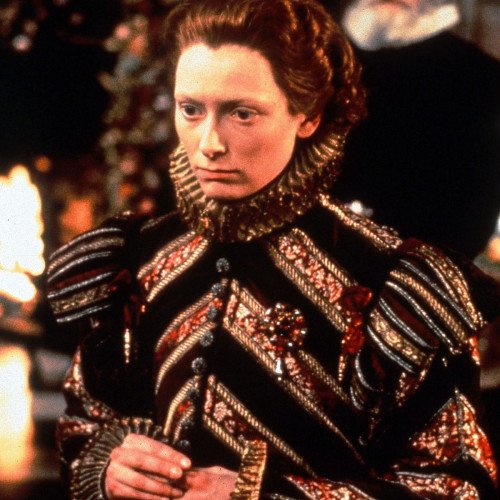"ORLANDO, ORLANDO, VIRGINIA WOOLF" vs "ELIZABETH BENNET, PRIDE AND PREJUDICE, JANE AUSTEN"

ORLANDO, ORLANDO, VIRGINIA WOOLF
Orlando, Virginia Woolf's sixth major novel, is a fantastic historical biography, which spans almost 400 years in the lifetime of its protagonist. The novel was conceived as a "writer's holiday" from more structured and demanding novels. Woolf allowed neither time nor gender to constrain her writing. The protagonist, Orlando, ages only thirty-six years and changes gender from man to woman. This pseudo-biography satirizes more traditional Victorian biographies that emphasize facts and truth in their subjects' lives. Although Orlando may have been intended to be a satire or a holiday, it touches on important issues of gender, self-knowledge, and truth with Virginia Woolf's signature poetic style. On January 25, 1882, Virginia Stephen was born to Leslie and Julia Duckworth Stephen. Her father, Leslie, a parson turned agnostic, was a man of letters who served as editor of Cornhill Magazine and later began compiling the Dictionary of National Biography, for which he is best known. Virginia's parents reinforced traditional stereotypes of men and women. Her father was stern and detached; her mother was more emotional and fond of poetry. Virginia had many brothers and sisters, only a few of whom she was close to. In 1895, after the death of Virginia's mother, the family moved to a home in Bloomsbury, London. Here, Virginia became the family writer. Virginia coped with mental breakdowns throughout her life, attempting suicide twice before 1904. Once in Bloomsbury, Virginia's writing career began to take off. With some of her brother's university friends, Virginia formed the Bloomsbury group, a group of young people who worked in different fields, but shared similar interests and had the same goal of rejecting conventional behavior. This group, which so highly valued independent thought, appreciated Virginia's talents.
Statistics for this Xoptio

ELIZABETH BENNET, PRIDE AND PREJUDICE, JANE AUSTEN
The second daughter in the Bennet family, and the most intelligent and quick-witted, Elizabeth is the protagonist of Pride and Prejudice and one of the most well-known female characters in English literature. Her admirable qualities are numerous—she is lovely, clever, and, in a novel defined by dialogue, she converses as brilliantly as anyone. Her honesty, virtue, and lively wit enable her to rise above the nonsense and bad behavior that pervade her class-bound and often spiteful society. Nevertheless, her sharp tongue and tendency to make hasty judgments often lead her astray; Pride and Prejudice is essentially the story of how she (and her true love, Darcy) overcome all obstacles—including their own personal failings—to find romantic happiness. Elizabeth must not only cope with a hopeless mother, a distant father, two badly behaved younger siblings, and several snobbish, antagonizing females, she must also overcome her own mistaken impressions of Darcy, which initially lead her to reject his proposals of marriage. Her charms are sufficient to keep him interested, fortunately, while she navigates familial and social turmoil. As she gradually comes to recognize the nobility of Darcy’s character, she realizes the error of her initial prejudice against him.